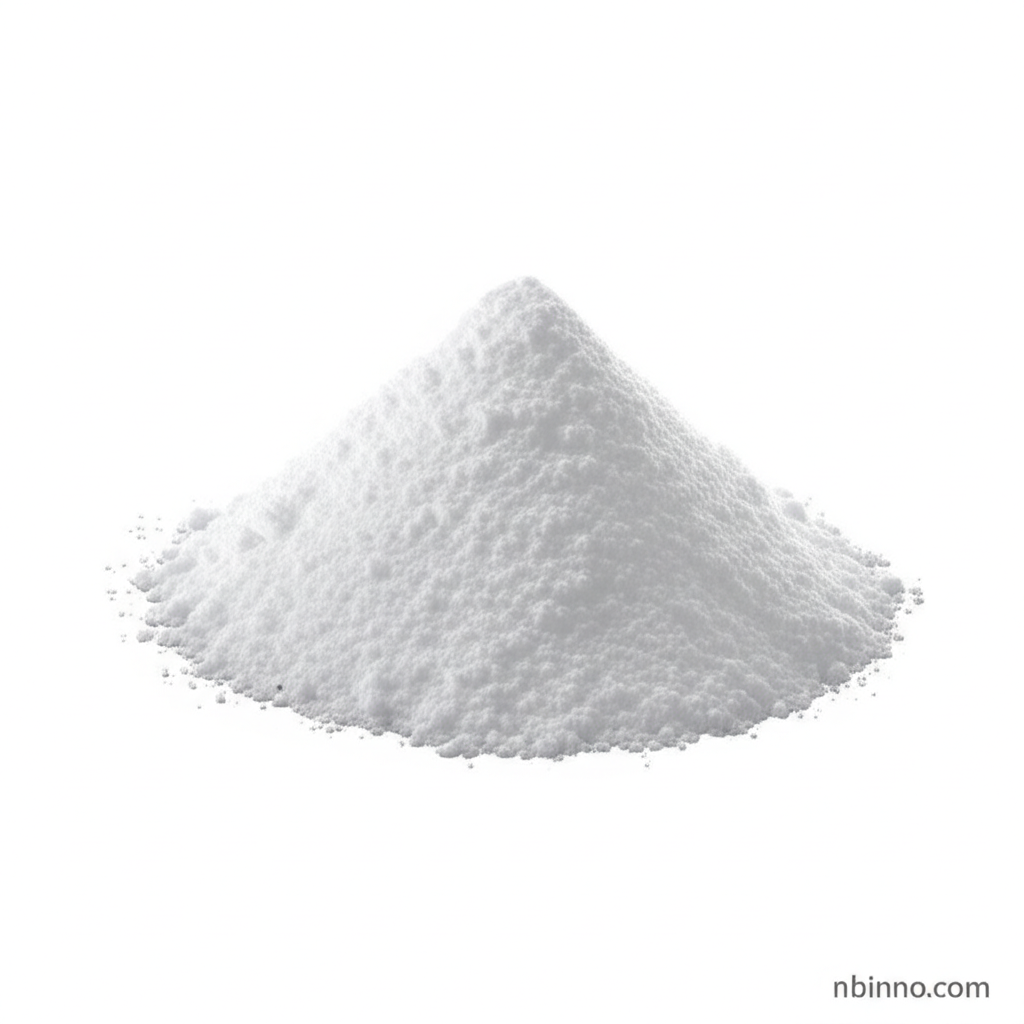Tacrolimus: A Powerful Immunosuppressant for Organ Transplant and Autoimmune Disease Management
Revolutionizing post-transplant care and dermatological treatments with its potent immunosuppressive properties.
Get a Quote & SampleProduct Core Value

Tacrolimus
Tacrolimus is a highly effective immunosuppressive agent, primarily utilized to prevent the body from rejecting transplanted organs such as kidneys, hearts, and livers. Its ability to inhibit calcineurin, a key enzyme in T-cell activation, significantly reduces the risk of organ rejection. Beyond transplantation, it is also a valuable topical treatment for severe inflammatory skin conditions like atopic dermatitis.
- Understanding the tacrolimus mechanism of action is crucial for optimizing its therapeutic benefits in preventing organ rejection.
- Exploring tacrolimus topical use reveals its efficacy in managing severe atopic dermatitis and other skin ailments.
- A thorough review of tacrolimus side effects and potential drug interactions is vital for patient safety and effective treatment.
- Proper tacrolimus dosage, determined by medical professionals, is key to balancing immunosuppression and minimizing adverse effects.
Key Advantages
Enhanced Graft Survival
Tacrolimus plays a critical role in transplant medicine, significantly improving graft survival rates by effectively suppressing the recipient's immune response against the donor organ, a key aspect of transplant rejection.
Dermatological Efficacy
As a topical treatment, tacrolimus offers a non-steroid alternative for inflammatory skin conditions, providing relief from itching and redness without the associated skin-thinning side effects, making it a valuable asset for managing atopic dermatitis.
Versatile Applications
The drug's applicability extends to various autoimmune conditions and inflammatory responses, showcasing its broad therapeutic potential beyond its primary use in preventing organ rejection.
Key Applications
Organ Transplantation
Essential in preventing acute and chronic rejection of transplanted organs like kidneys, livers, and hearts, ensuring long-term graft viability and patient survival.
Atopic Dermatitis (Eczema)
Used topically to reduce inflammation and itching associated with severe atopic dermatitis, offering a crucial treatment option when other therapies are insufficient.
Uveitis Management
Applied topically or orally in specific cases to manage severe refractory uveitis, particularly after bone marrow transplants, to control ocular inflammation.
Autoimmune Disease Control
Its immunosuppressive properties are being explored and utilized for other autoimmune conditions where T-cell-mediated inflammation is a primary factor.
